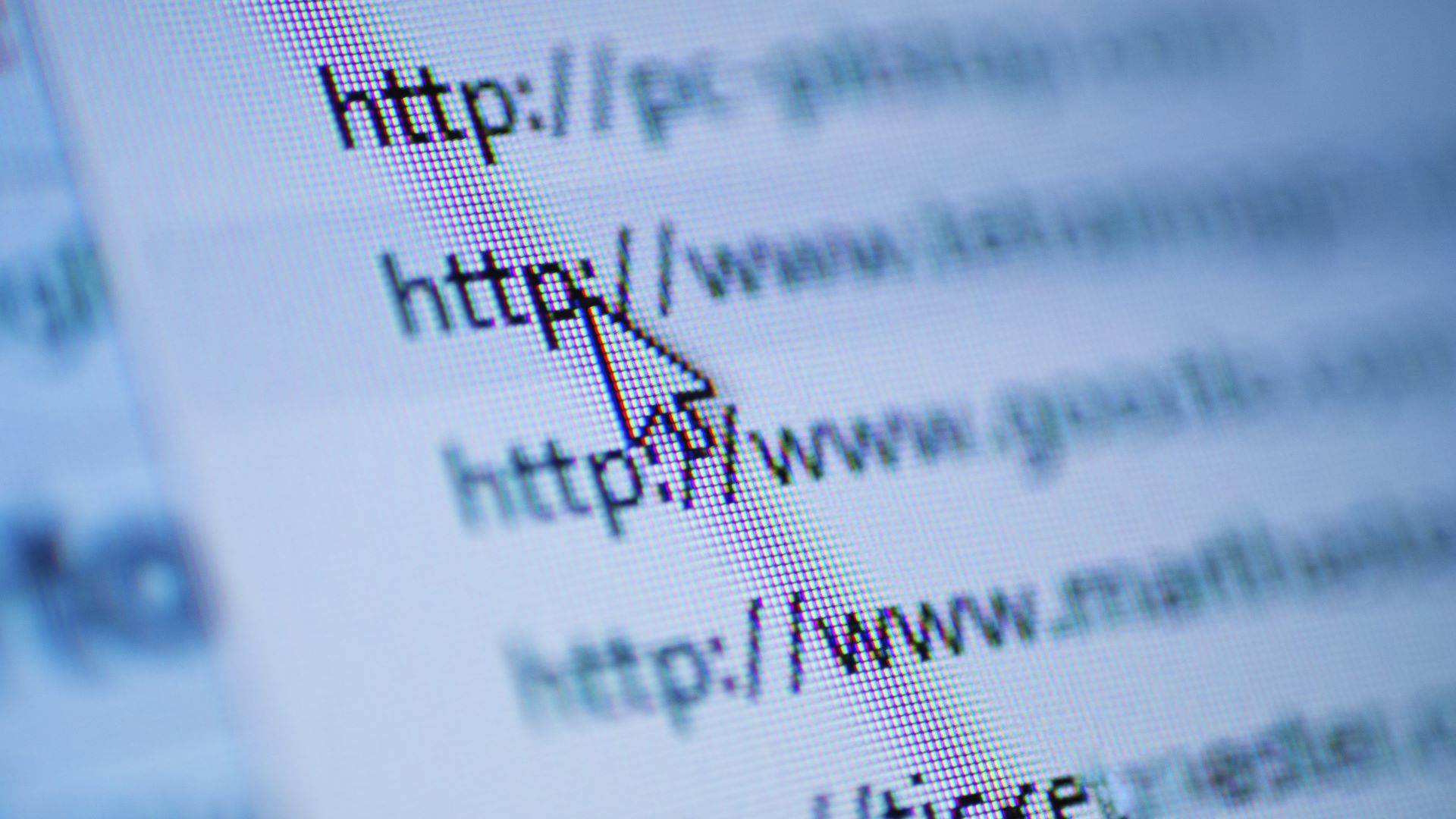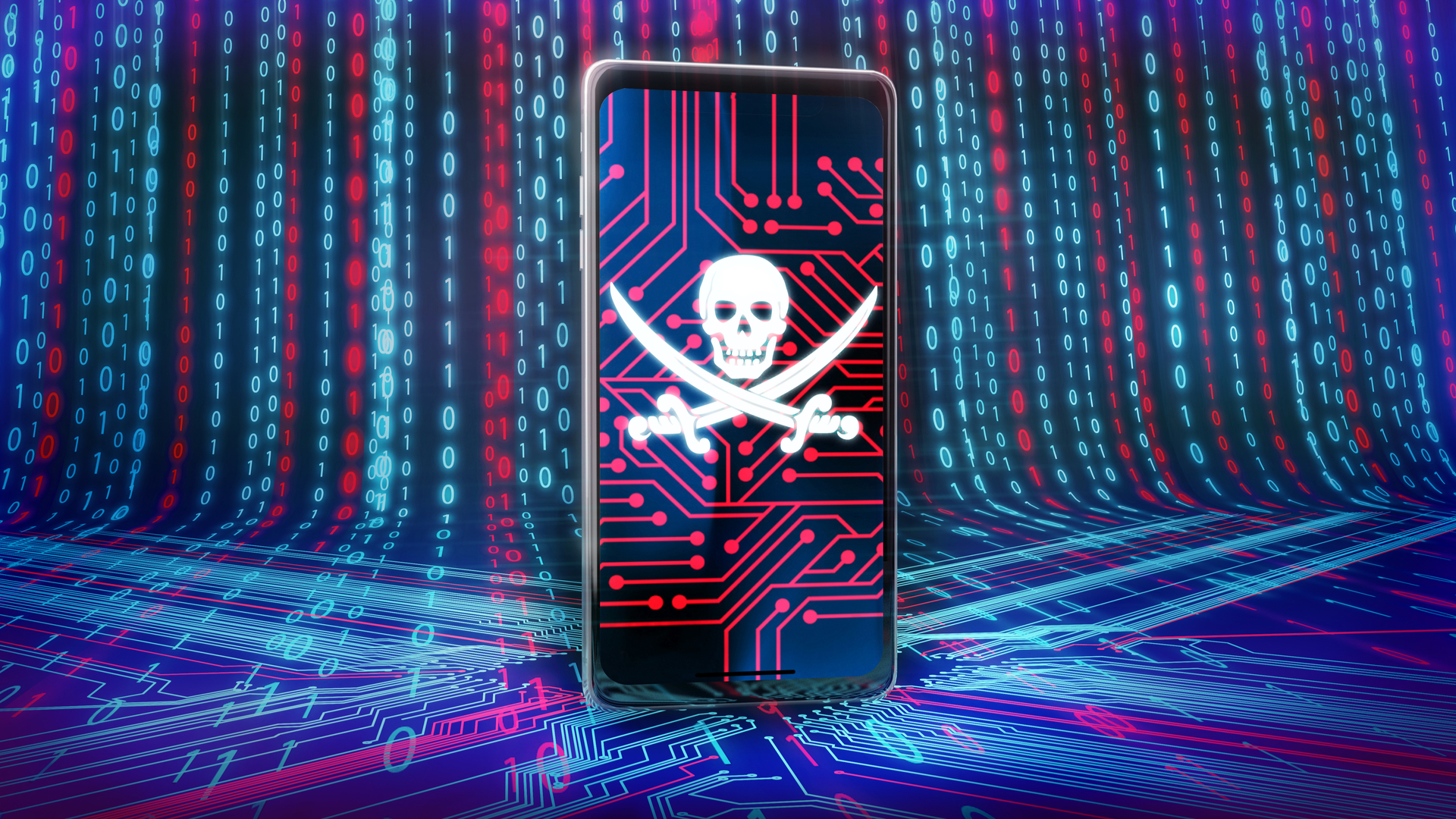When is a VPN not a VPN?
The top things to look out for when searching for a VPN

A VPN, or virtual private network, is a handy piece of software that encrypts your internet connection, hiding your data from prying eyes. VPNs can also allow you to spoof your location, giving you access to geo-locked content and content blocked in your region.
It can be difficult to discern the best VPNs from those that are phonies, but there are a few things you can keep an eye out for to separate the wheat from the chaff.
In this article, we'll explain what to look out for when trying to find a new VPN, so you can rest assured that you won't pick one that over-promises yet under-performs.
What types of fake VPN are there?
If you're looking for the best VPN, I'd naturally suggest first checking out our buying guide of all the top VPNs on the market.
However, if you want to be more on-the-ground and do the searching yourself, there are a few things you should keep an eye out for. We'll explore them more in detail below.

Local Area Networks
Some "VPNs" on the market are not really commercial VPNs at all, and are instead virtual local area networks (LANs).
While these virtual LANs can encrypt your network connection, they are not the same as commercial VPNs. Instead of routing your connection through a tunnel, virtual LANs allow you to bypass the internet and connect with other computers as if they were on the same network.
This means that while this connection is encrypted, virtual LANs cannot offer the same privacy protections as VPNs, for example fully encrypting your traffic or masking your IP address.
An example of a virtual LAN that calls itself a VPN is Radmin VPN. Explore more about this provider in our full Radmin VPN review.

Proxies
Proxies are another example of software that may be sold as a VPN without actually being a VPN.
While VPNs and proxies may operate in similar ways, there are a few key differences that mean you won't want to be caught out by a proxy when what you're really looking for is a VPN.
Proxies, like VPNs, can change your IP address. By changing your IP address to one outside your country, you can spoof your location and access geo-locked content.
Also like VPNs, proxies can hide your internet activity from your Internet Service Provider (ISP), however they do this by routing your internet traffic through an intermediary server. This means that your data is exposed to the proxy, unlike with a VPN where it's kept completely hidden.
It's also important to note that proxies do not encrypt your data, meaning that if you are looking for a VPN to do just this, you'll want to avoid any proxies masquerading as VPNs.
The best providers also often come with added extras, such as other cybersecurity tools (like antivirus or malware checkers), to keep you even safer online.

Malware
The final, and most dangerous, thing to look out for when choosing a real VPN is malware.
Some VPN apps out there may not be as they seem, and instead contain malware designed to infect your device and steal your data – the exact opposite of what you want a VPN for.
In 2024, over 90 Android apps that had been downloaded over 5.5 million times were found to be riddled with Anatsa banking malware. These apps acted as a Trojan horse for the malware, which was then able to steal users' financial credentials by targeting over 650 banking apps in the US, the UK, Europe and Asia.
While they may seem legit, there are some red flags to keep an eye out for when looking for a VPN – in particular if you're trying to find the best free VPN in the haystack of dodgy providers.
These apps may:
- Offer too much to be true, e.g. unlimited bandwidth for a free service
- Have no official website and/or have a very limited website.
- Have very few reviews, or only overwhelmingly positive reviews.
You can also protect yourself from malware by using antimalware to scan apps before you download them and expose yourself to any potential malware.
Get instant access to breaking news, the hottest reviews, great deals and helpful tips.

Olivia joined Tom's Guide in October 2023 as part of the core Tech Software team, and is currently VPN Commissioning Editor. She regularly uses VPNs to make sure they deliver what they promise, and specializes in testing VPNs with streaming sites.
 Club Benefits
Club Benefits





